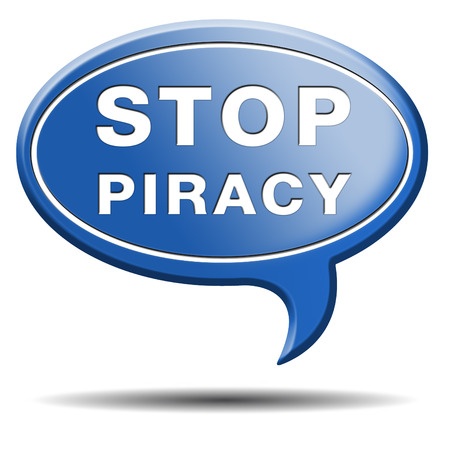
A new report commissioned by the BSA | The Software Alliance, a global leader in the software industry's advocacy against intellectual property infringement in this industry, confirms the association between unlicensed software and malware on corporate and personal computers. In 2014, the BSA Global Software Survey found that 50% of the software installed in Brazil during the previous year was unlicensed, compared to 43% globally, which translates to US$ 2.8 billion unpaid licenses in the country.
The analysis, carried out by global research firm IDC – International Data Corporation, revealed that the higher the rate of unlicensed software in a country, the greater the amount of malware generally found on the country's computers. The bottom line for governments, businesses and end users is clear: eliminating unlicensed software from their networks can help reduce the risk of cybersecurity incidents.
"Malware infections can cause significant damage, and organizations are doing everything they can to protect themselves," said Jodie Kelley, Senior Vice President and General Counsel for the BSA. "This analysis shows that the association between unlicensed software use and malware is real, which means that good management of software handling is a critical first step in reducing digital security risks."
The statistical analysis compared rates of unlicensed software installed on computers in 81 countries[1] with a measure of malware detections on computers scanned by a BSA member company, Microsoft[2]. She points out that there is a strong positive correlation (r = 0.79) between unlicensed software rates and malware incidents. A more detailed analysis indicates that the rate of unlicensed software in a country is a strong indicator of malware in the country.
The report builds on the BSA's flagship study, which examines worldwide rates of unlicensed software use. In 2014, the BSA Global Software Survey found that 50% of the software installed in Brazil during the previous year was unlicensed, compared to 43% globally, which translates to US$ 2.8 billion unpaid licenses in the country.
The study revealed that in Brazil there is a rate of 31% of equipment contaminated with malware. The Brazilian rate of use of unlicensed software, although significant, is the lowest in Latin America. Venezuela leads this regional ranking, with an index of 88%. Globally, the country is second only to Moldova and Georgia, both vying for the first place in the ranking, with 90% of software installed without a license. The United States is the country with the lowest rate at 18%, with 13% malware detection.
The report also shows that the main reason given by users all over the world for not using unlicensed software is to avoid the security threat due to malware. Among the risks associated with unlicensed software, 64% of users globally cited unauthorized access by hackers as a top concern, and 59% cited data loss.
BSA recommends organizations implement internal controls, such as ISO 19770-1 compliant software asset management practices, in order to reduce exposure to digital threats by ensuring that all software installed on their systems is properly licensed. .
Commenting on the results of the study, the general director of BSA in Brazil, Frank Caramuru, stated that software asset management is an effective tool to reduce the risks of digital attacks, and is a way of instituting security practices in corporations. .
“To give you an idea, according to another IDC survey, 56% of companies that adopt a software asset management process discover that they have more tools than they really need, wasting money, time and increasing the chances of contamination of the machines. On the other hand, 38% has insufficient licenses”, says Caramuru. For him, software assets should be understood by managers as something strategic, a factor that can contribute to increasing the company's productivity, if managed correctly.
*Source: BSA/Digital Convergence












